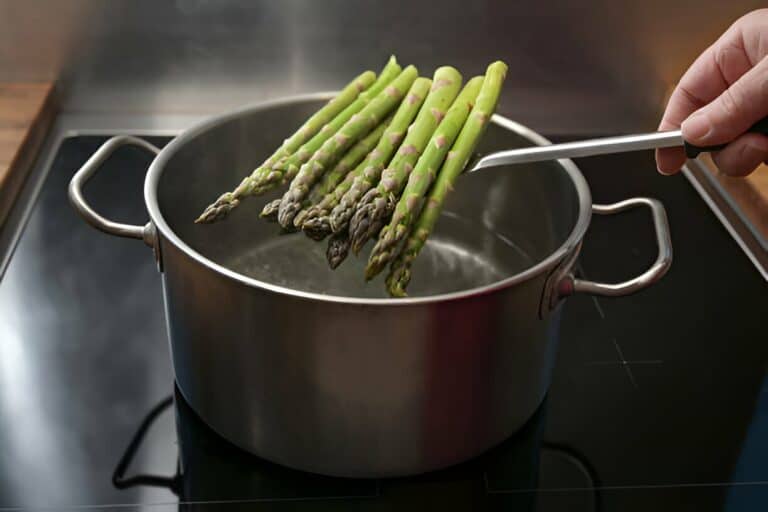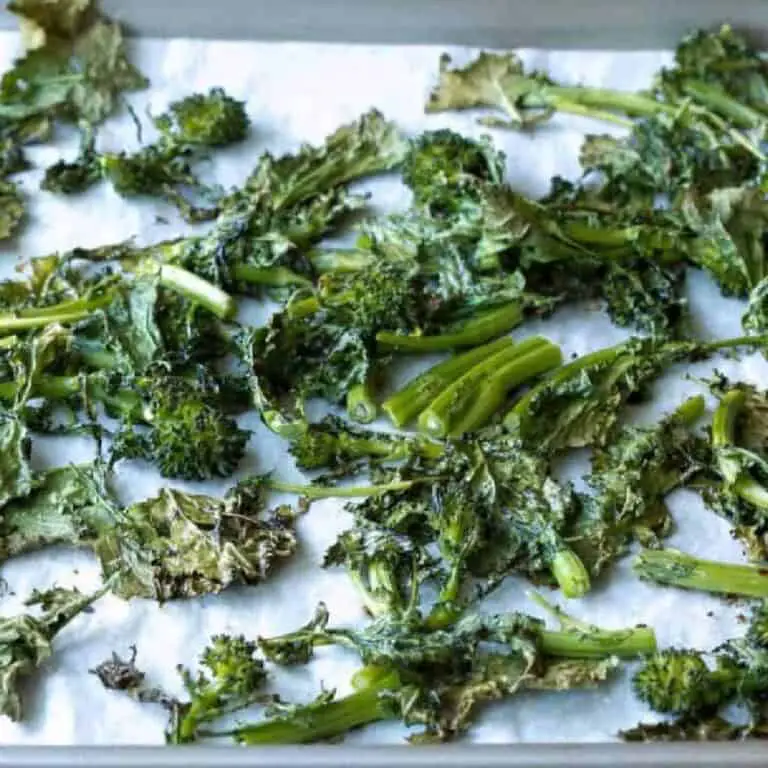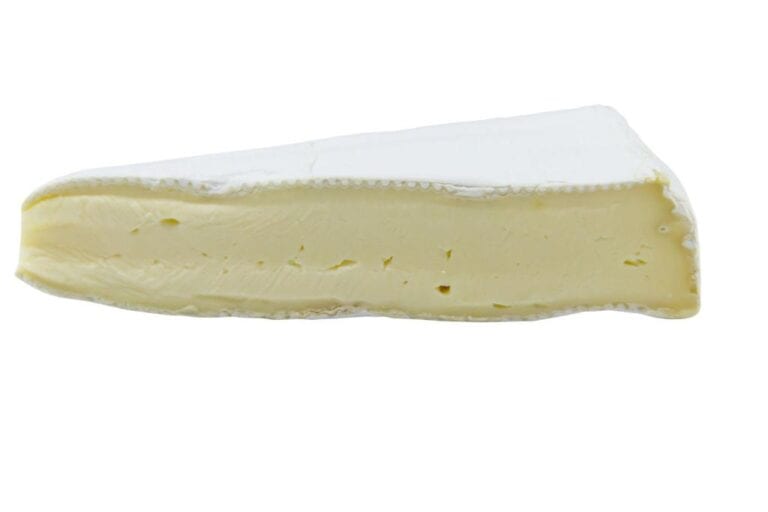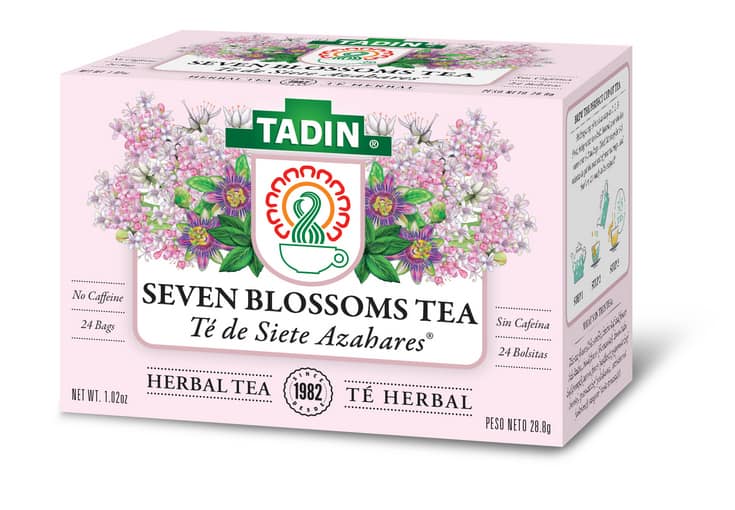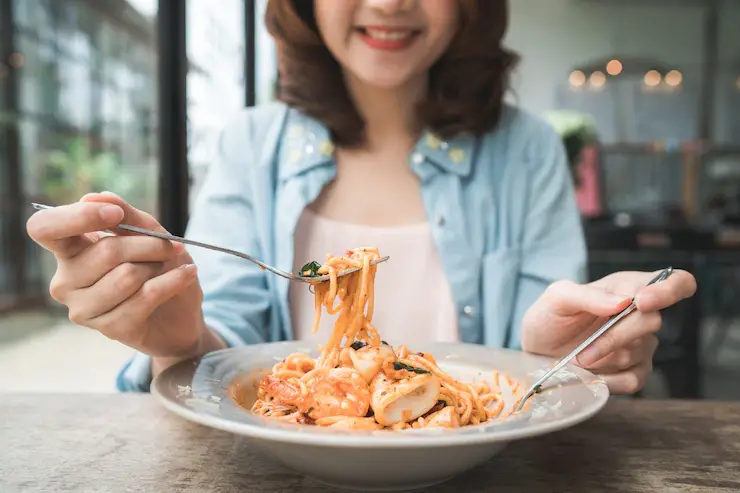How Much Chia Seeds Should You Eat a Day? Chia Seeds Daily Intake
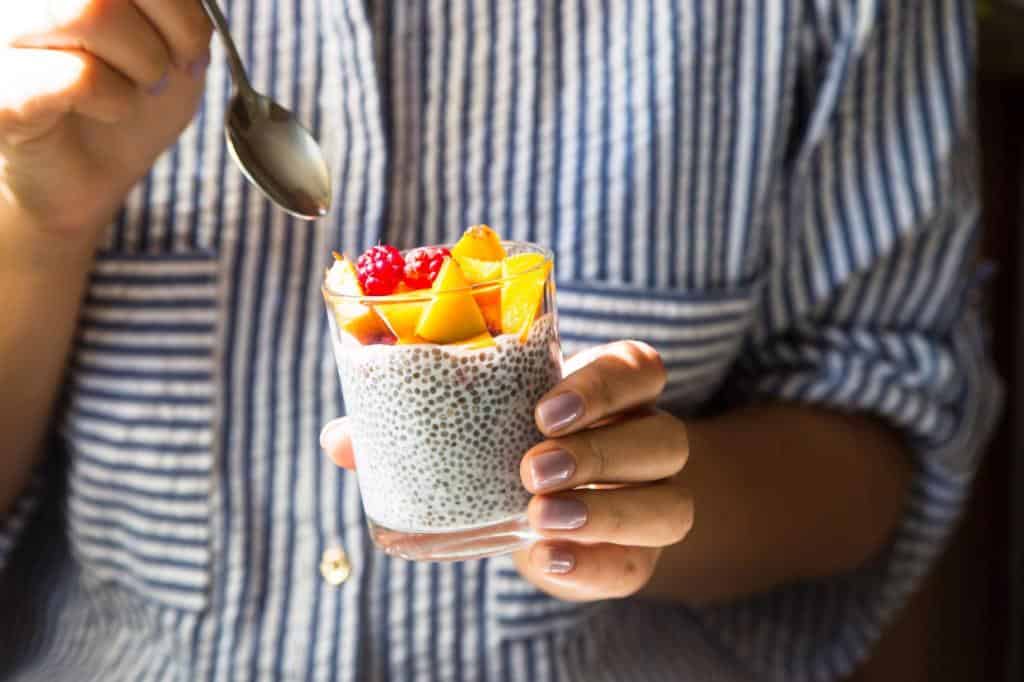
Chia seeds have become increasingly popular over the years thanks to their numerous health benefits. These tiny seeds pack a punch when it comes to nutrition, containing high amounts of protein, fiber, omega-3 fatty acids, and other essential vitamins and minerals. But, with so many different opinions on how much chia seeds to eat daily, it can be challenging to know what’s right for you.
In this article, we’ll explore everything you need to know about chia seeds’ daily intake and how to incorporate them into your diet. In addition to that, we will discuss the recommended daily intake of chia seeds and the potential health benefits and risks associated with consuming them.
Understanding Chia Seeds and Their Nutritional Value
Chia seeds are a type of seed that comes from the Salvia hispanica plant, which is native to Mexico and Guatemala. These seeds are small, oval-shaped, and have a brown or black color. They were an essential food source for the ancient Aztecs and Mayans, who used them as a source of energy during long expeditions.
Nowadays, chia seeds are considered a superfood due to their high nutritional value. Just one ounce (28 grams) of chia seeds contains approximately:
- 138 calories
- 4 grams of protein
- 9 grams of fat (including 5 grams of omega-3 fatty acids)
- 12 grams of carbohydrates (including 11 grams of fiber)
- Calcium, magnesium, and phosphorus
Benefits of Consuming Chia Seeds Daily
Due to their high nutritional content, consuming chia seeds daily can provide numerous health benefits. Some of these benefits include:
1. Improved Digestion
Chia seeds are rich in fiber, which helps promote regular bowel movements and prevents constipation. They also contain mucilage, a gel-like substance that can soothe and protect the digestive tract.
2. Lowered Blood Sugar Levels
Studies have shown that chia seeds can help regulate blood sugar levels in people with type 2 diabetes. This is because they contain soluble fiber, which slows down the absorption of carbohydrates and sugar in the bloodstream.
3. Increased Energy and Endurance
Chia seeds can provide a sustained energy boost due to their high content of protein, healthy fats, and fiber. This makes them an ideal pre-workout or mid-day snack.
4. Improved Heart Health
The omega-3 fatty acids found in chia seeds can help reduce inflammation, lower blood pressure, and improve cholesterol levels, all of which can contribute to better heart health.
5. Weight Loss
Chia seeds can help promote weight loss due to their high fiber and protein content, which can help you feel full and satisfied for longer periods of time. They can also help regulate blood sugar levels and reduce inflammation, both of which can contribute to weight loss.
How Much Chia Seeds Should You Eat a Day?
The recommended daily intake of chia seeds is around 20-25 grams, which is equivalent to about 1.5–2 tablespoons. Consuming this amount of chia seeds can provide you with various health benefits without exceeding the daily recommended intake of essential nutrients. However, it is important to note that the recommended daily intake of chia seeds may vary depending on an individual’s age, sex, and overall health status.
Factors to Consider When Determining Daily Chia Seed Intake
There is no one-size-fits-all answer to how much chia seeds you should eat daily. The amount of chia seeds you need will depend on several factors, including your age, sex, weight, and overall health.
1. Age and Sex
Younger individuals may need less chia seeds than older individuals since their nutritional needs are lower. Women who are pregnant or breastfeeding may also require higher amounts of chia seeds due to their increased nutritional requirements.
3. Weight and Health Goals
If you’re trying to lose weight, you may want to increase your chia seed intake since they can help promote feelings of fullness and aid in weight loss. On the other hand, if you’re trying to maintain your weight or have a medical condition that requires careful nutrient intake, you may want to be more cautious with how much chia seeds you consume.
Recommended Chia Seed Serving Sizes for Different Age Groups
The following table provides a rough guide for how much chia seeds you should eat daily based on age and sex:
| Age Group | Chia Seed Intake |
| Children 1-8 years old | 1-2 tablespoons |
| Children 9-13 years old | 2-3 tablespoons |
| Teenagers 14-18 years old | 3-4 tablespoons |
| Adults 19-70 years old | 4-5 tablespoons |
| Adults over 70 years old | 3-4 tablespoons |
Note that these recommendations are general guidelines and may not apply to everyone. It’s always best to consult with a healthcare professional before making significant changes to your diet.
Incorporating Chia Seeds into Your Daily Diet Plan
There are several ways to incorporate chia seeds into your daily diet. Here are some ideas:
1. Add Them to Smoothies
Add a tablespoon or two of chia seeds to your favorite healthy smoothie recipe for a quick and easy boost of nutrition.
2. Sprinkle Them on Top of Salads
Add a sprinkle of chia seeds on top of your salad for some extra crunch and nutrition.
3. Mix Them into Yogurt or Oatmeal
Stir in a tablespoon of chia seeds into your yogurt or oatmeal for a nutritious and filling breakfast.
4. Use Them as an Egg Substitute
Mix one tablespoon of chia seeds with three tablespoons of water to create a gel-like substance that can be used as an egg substitute in baking.
5. Make Chia Seed Pudding
Mix chia seeds with your favorite milk and sweetener to create a delicious and healthy pudding.
Risks and Side Effects of Consuming Too Many Chia Seeds
While chia seeds can provide numerous health benefits, consuming too many can also have adverse effects. Some potential risks and side effects of consuming too many chia seeds include:
- Digestive issues such as bloating, gas, and constipation due to their high fiber content.
- Increased risk of choking, especially if they’re consumed dry.
- Interference with blood thinning medications due to their high content of omega-3 fatty acids.
- Allergic reactions in some individuals.
It’s essential to consume chia seeds in moderation and ensure that you’re getting enough water throughout the day to avoid digestive issues.
Chia Seeds vs. Other Superfoods: Which One Offers More Benefits?
While chia seeds are undoubtedly a superfood, there are other foods that can provide similar health benefits. Some of these include:
- Flaxseeds: High in fiber, omega-3 fatty acids, and lignans, which can help reduce the risk of cancer.
- Hemp seeds: Rich in protein, healthy fats, and minerals, which can help improve heart health and reduce inflammation.
- Quinoa: A complete protein source that’s high in fiber and antioxidants, which can help lower the risk of chronic diseases.
It’s important to note that each superfood has its own unique set of benefits, and incorporating a variety of them into your diet can provide optimal nutrition.
Best Ways to Add Chia Seeds to Your Favorite Recipes
There are countless ways to add chia seeds to your favorite recipes. Here are some ideas:
1. Chia Seed Jam
Mix chia seeds with your favorite fruit and sweetener to create a healthy and delicious jam.
2. Chia Seed Energy Balls
Combine chia seeds with nuts, seeds, and dates to create healthy and satisfying energy balls.
3. Chia Seed Crackers
Mix chia seeds with water, spices, and herbs to create healthy and flavorful crackers that are perfect for snacking.
4. Chia Seed Salad Dressing
Mix chia seeds with olive oil, vinegar, and your favorite seasonings to create a healthy and flavorful salad dressing.
5. Chia Seed Smoothie Bowl
Add chia seeds to your favorite smoothie recipe and top with fruit and nuts for a healthy and filling breakfast or snack.
Chia Seeds and Weight Loss: Separating Facts from Fiction
Chia seeds have been touted as a weight loss superfood due to their high fiber and protein content, which can help promote feelings of fullness and reduce appetite. However, there’s limited research to support these claims, and any weight loss benefits are likely to be modest.
In one study, participants who consumed chia seeds daily for 12 weeks did not experience significant weight loss compared to those who didn’t consume them. However, they did experience a decrease in inflammation markers and improved blood sugar control.
While chia seeds can be a nutritious addition to a weight loss diet, they’re not a magic bullet for shedding pounds. A healthy and balanced diet, along with regular exercise, is still the best way to achieve and maintain a healthy weight.
The Future of Chia Seeds: Emerging Trends and Innovations
As chia seeds continue to gain popularity, there’s a growing interest in their potential uses beyond the kitchen. Here are some emerging trends and innovations to watch:
1. Chia Seed Oil
Chia seed oil is high in omega-3 fatty acids and antioxidants, making it an ideal ingredient for skincare and beauty products.
2. Chia Seed Flour
Chia seed flour is a gluten-free and nutrient-rich alternative to wheat flour, making it a popular choice for baking.
3. Chia Seed Protein
Chia seeds are rich in protein, and there’s a growing interest in using them as a plant-based protein source in food products.
4. Chia Seed Supplementation
Chia seed supplements are becoming increasingly popular as a convenient way to incorporate chia seeds into the diet.
5. Chia Seed Water
Chia seed water is a refreshing and hydrating drink that’s gaining popularity as an alternative to sugary beverages.
FAQs
Are chia seeds safe to eat?
Yes, chia seeds are safe to eat for most people. However, it’s essential to consume them in moderation and ensure that you’re getting enough water throughout the day to avoid digestive issues.
How do you store chia seeds?
Chia seeds should be stored in an airtight container in a cool, dry place. They can also be stored in the refrigerator or freezer to extend their shelf life.
Can chia seeds help with constipation?
Yes, chia seeds can help with constipation due to their high fiber content. However, it’s essential to drink plenty of water when consuming chia seeds to avoid digestive issues.
Can chia seeds help with weight loss?
While chia seeds can be a nutritious addition to a weight loss diet, they’re not a magic bullet for shedding pounds. A healthy and balanced diet, along with regular exercise, is still the best way to achieve and maintain a healthy weight.
Can chia seeds be used as an egg substitute?
Yes, chia seeds can be used as an egg substitute in baking. Mix one tablespoon of chia seeds with three tablespoons of water to create a gel-like substance that can be used in place of one egg.
Are chia seeds gluten-free?
Yes, chia seeds are gluten-free and can be used as a nutrient-rich alternative to wheat flour in baking.
Can I eat chia seeds without soaking them if I have dental issues?
Yes, you can eat chia seeds without soaking them if you have dental issues. Chia seeds can be consumed in their raw form, which retains their natural crunchiness. If chewing or swallowing soaked chia seeds poses difficulties due to dental issues, consuming them raw might be a better option for you. However, be mindful of proper hydration to aid in digestion.

